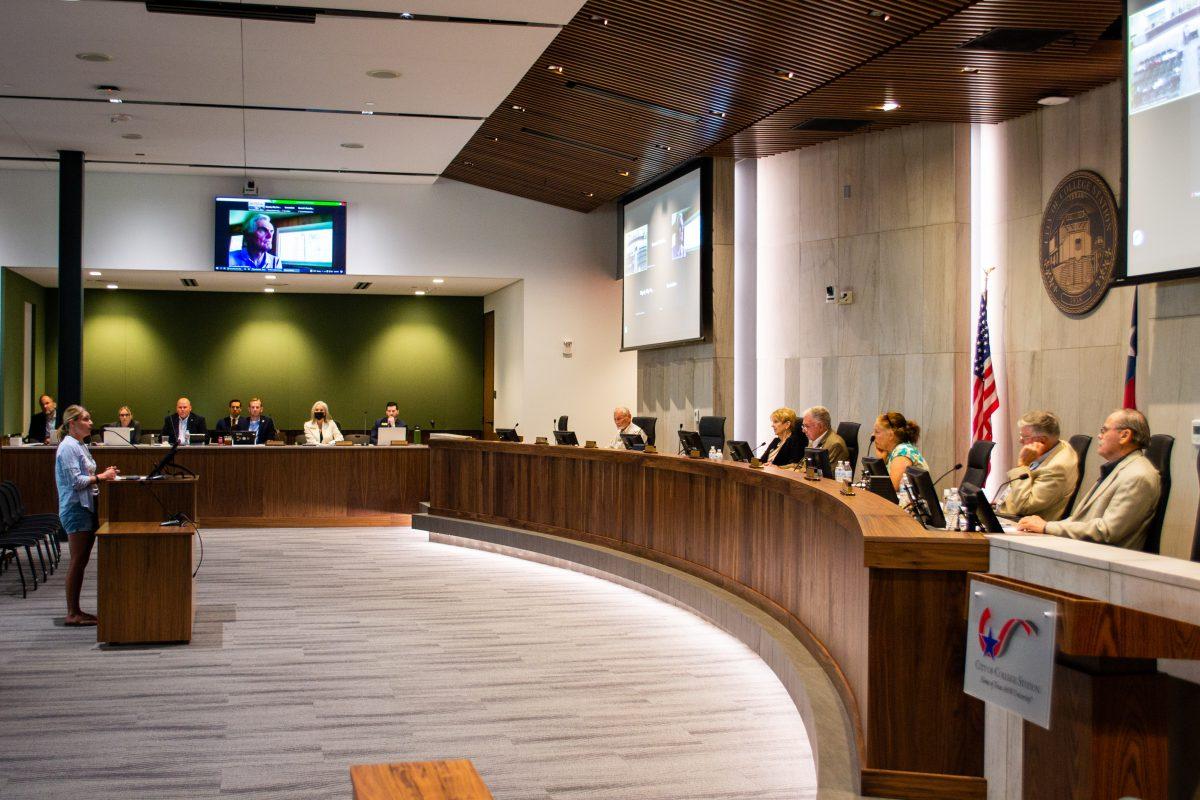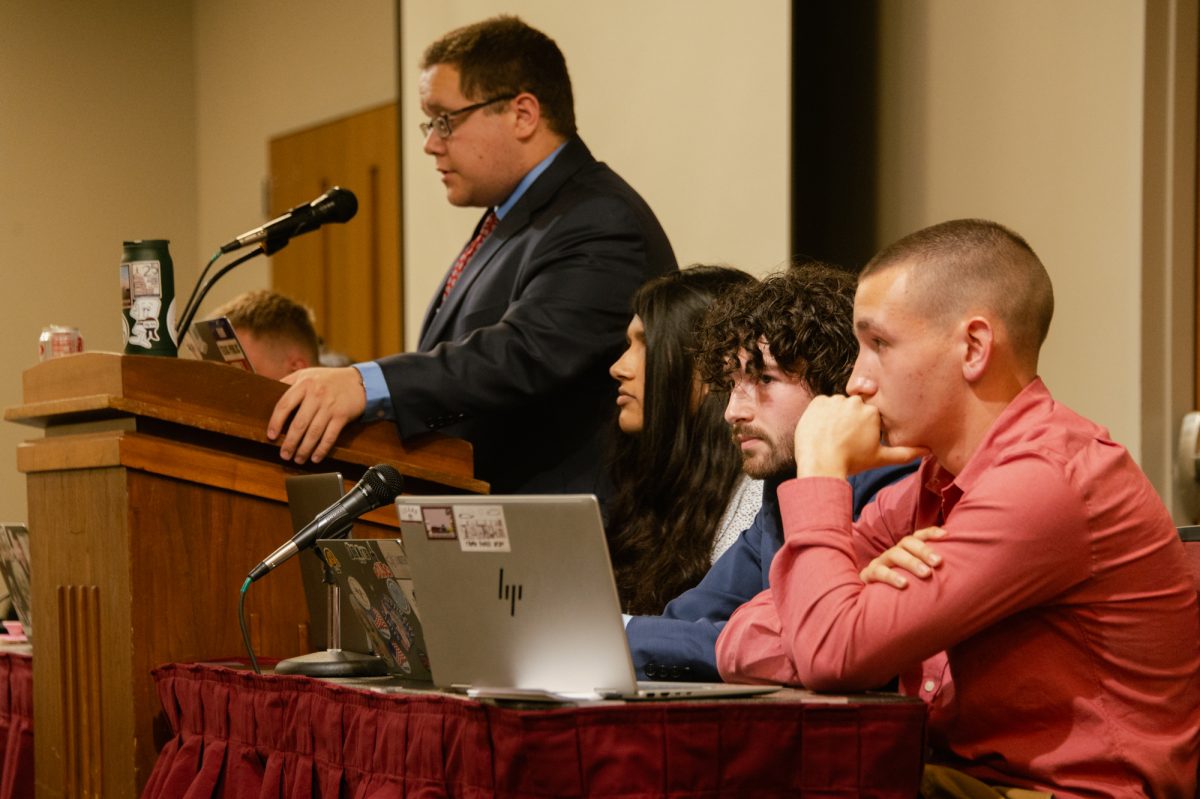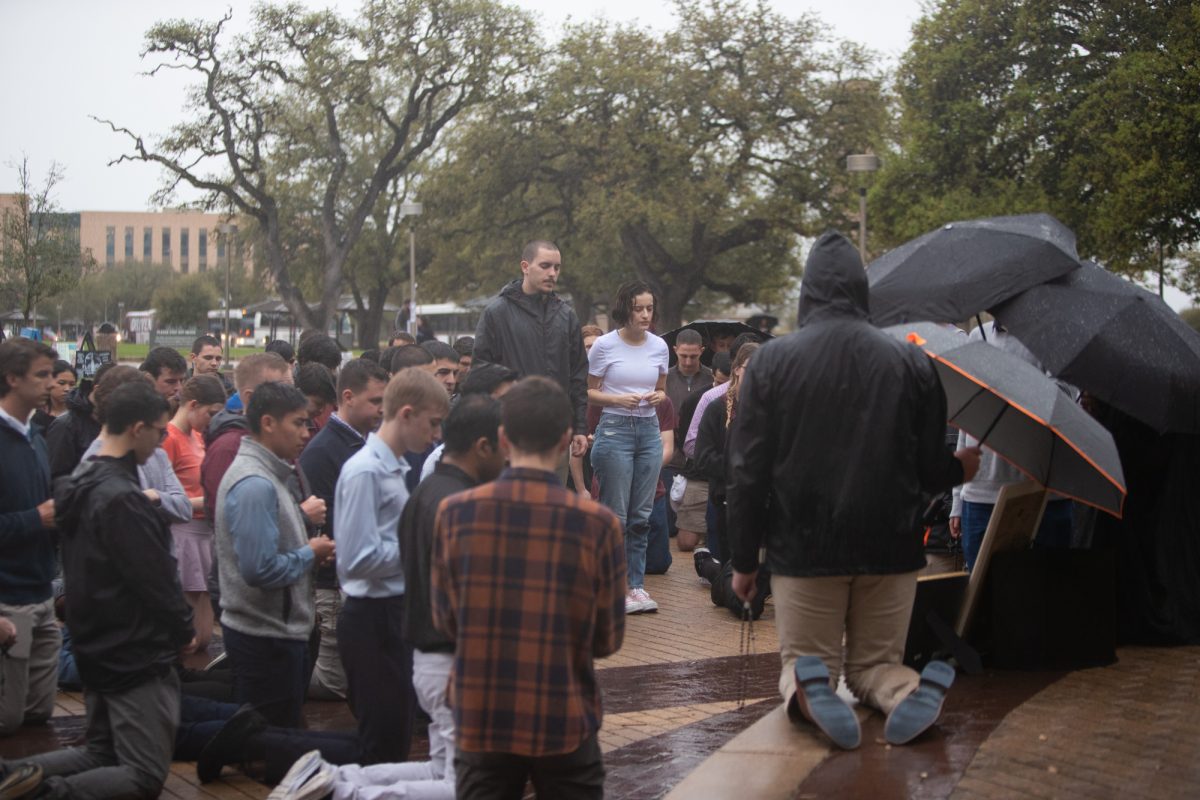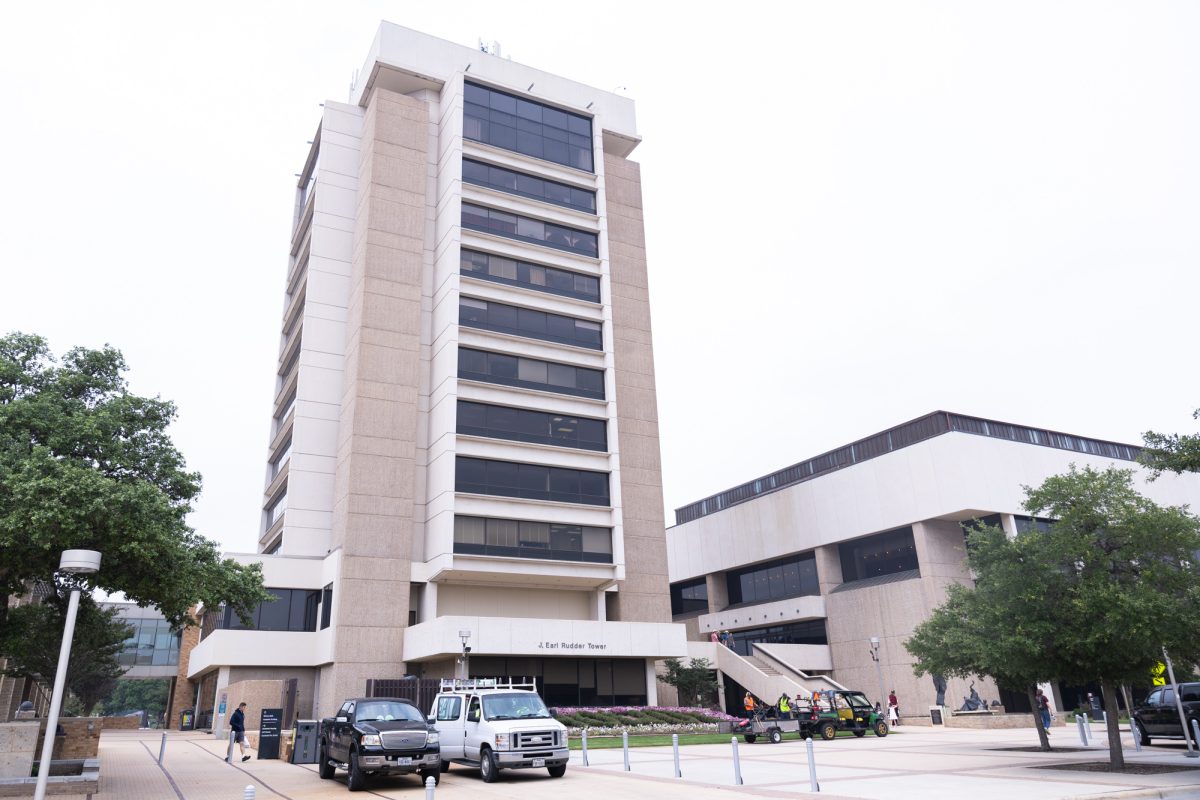Residents of Bryan-College Station facing unsafe living conditions have voiced their concerns with the city to try to improve tenants’ right to affordable and livable housing.
In the past several weeks, a small group of current and former Texas A&M students have led a campaign for better access to rental inspections for all residents. The campaign took place primarily online through collecting personal testimonials from locals who have faced hardships and illnesses due to unsafe apartments.
On Thursday, June 9, the group spoke to the College Station City Council during the public comment period where they presented their findings to the council. After hearing the findings, the council unanimously voted for the approval of a workshop to address the issue.
One of the founders of the campaign, Alexia Hernandez, Class of 2022, said the idea began after local student activists began working with local community advocates.
“One of the most prominent issues that came to mind was housing, not only affordable housing, but specifically housing quality,” Hernandez said. “We’ve noticed a concerning trend in the consistency of housing quality in College Station, specifically in areas that may be lower to middle income student housing and also community housing.
Hernandez said the campaign group was able to gather the personal stories of residences through social media sites like Twitter.
“We’ve noticed there is a plethora of evidence online saying where not to live, where different apartment complexes were failing as far as just inhabitabl[ility] or unsafe conditions,” Hernandez said. “We all got together and said, ‘Hey we should honestly finally do something about this.’”
Before attending the city hall meeting, another founding member of the campaign, former student Nathan Varnell, Class of 2023, said the group had already collected dozens of pages of personal testimony within two weeks.
“Excluding things that we’ve gotten over email so far as a result of posting our links and flyering, just from the GroupMe we have about 20 pages copied over,” Varnell said.
Varnell said the group collected more than personal stories to present to the council.
“Aside from the testimonies themselves we also have an abundance of research we’re planning on putting in an evidence packet to share with the city council on where this policy has been implemented,” Varnell said.
General studies senior Ellis Howard said before the city council meeting, the campaign group was hoping the city council would consider implementing proactive rental inspections, or PRIs. A PRI is a mandatory routine inspection of apartments to ensure its safety.
“[We want] to get PRIs on the docket, to get workshops going and get it on the agenda for the next meeting,” Howard said.
During the June 9 city council meeting, local resident Leasa Decuir spoke on how she and her young children experienced adverse health effects after discovering black mold in their apartment, only to move into a different apartment complex where the same problem emerged.
“This is an issue that has affected my family in an extremely tragic and significant way,” Decuir told the council. “We had lived in a rental house over by Sam’s Club … and became very very ill. We have four small children [and] we had chronic fungal rashes, respiratory infections, eye infections, ear infections, sinus infections and then it became terrifyingly neurological.”
Decuir said she had to visit multiple doctors and had severe reactions.
“They thought I had [multiple sclerosis],” Decuir said. “I went to doctors appointments and had scans of my brain and my back. I lost function in half of my body and they could not figure out what was wrong.”
After weeks of not knowing what was going on, Decuir said her doctor told her it might be caused by mold.
“Our doctor finally said she had seen this once before in a family that was suffering from mold toxicity,” Decuir said.
They had to pay out of pocket to have their apartment tested because their landlord refused, Decuir said.
“[Our apartment] had flooding in the master bedroom and bathroom as well as a leaking roof in my child’s bedroom,” Decuir said. “The mold came back as toxic and our landlord said, ‘Go ahead and move out,’ because he would have no problem finding new renters.”
Because of the mold, Decuir said they had to throw out almost all of their belongings.
“We tragically got rid of nearly every item we owned and moved,” Decuir said. “We knew we had to move somewhere safe, expensive and new because we could not handle this again.”
However, this was not the end of their housing related health problems, Decuir said.
“A few weeks ago I heard sizzling under the sink and opened the cabinets,” Decuir said. “To my horror, I discovered a plug that had a black ring above it that had been burning. Water had been pouring down into the plug and into the wall and out for possibly years.”
She again paid to have her family’s apartment tested for mold, Decuir said.
“We again paid for pathology for the mold to discover that it is neurotoxic black mold,” Decuir said. “Our family’s health is in shambles. I have a child that is having seizure activity.”
Decuir said that just like her first aparment’s landlord, her second apartment’s landlord was not willing to help them.
“We have paid thousands in medical bills and our landlord again has said, ‘Just move out,’ he will have no problem,” Decuir said. “There is such a housing crisis that there is no accountability.”
Varnell also spoke to the city council about how to rectify the crisis
“At the end of the day, we want to shift the burden off of renters for securing the safe livable housing that they’re entitled to have by law,” Varnell said to the council. “We should not allow our citizens to endure these conditions any longer.”
Editor’s note: Nathan Varnell is a former assistant opinion editor for The Battalion.










